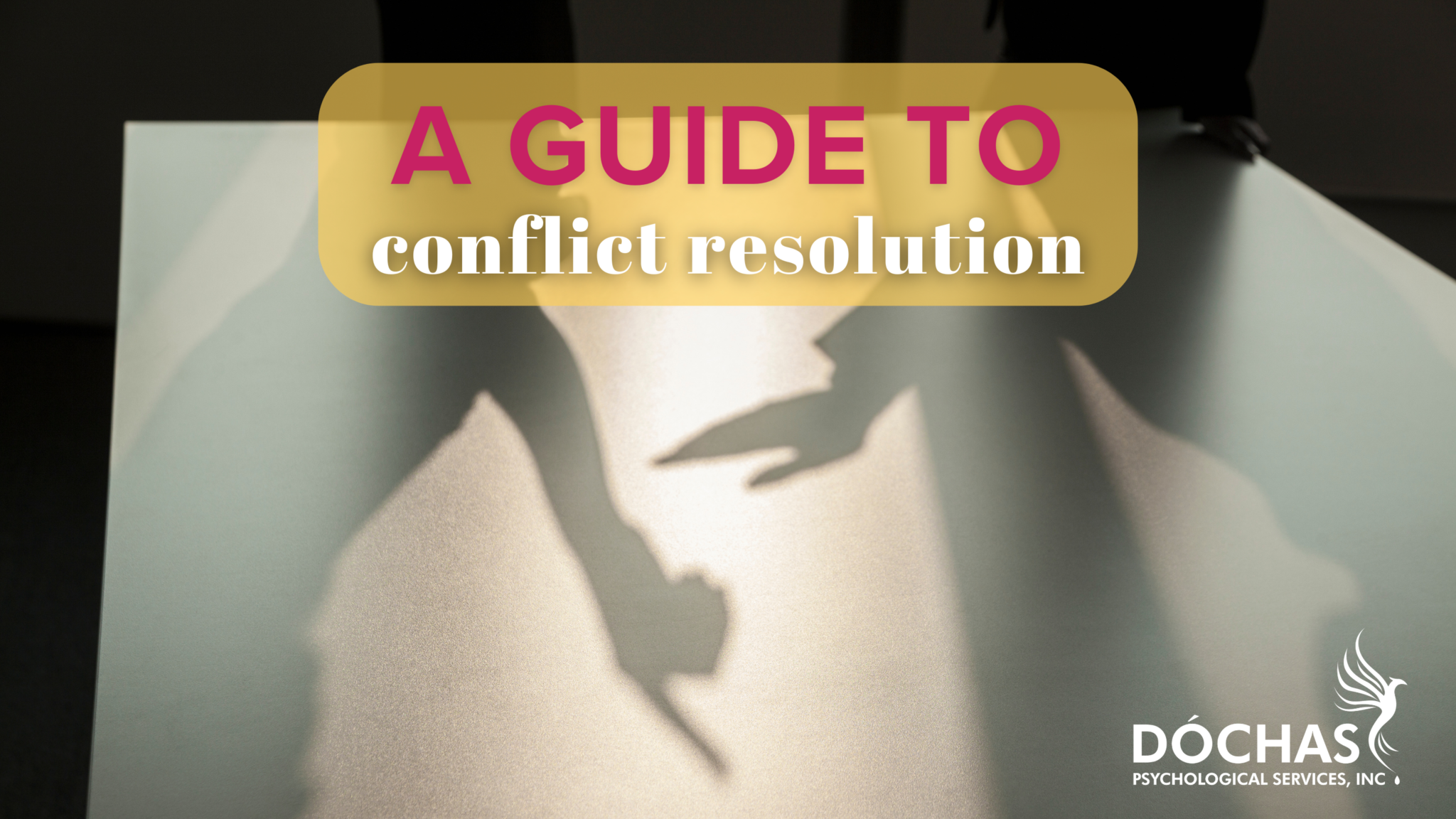Hey everyone, David on the blog. We encounter conflicts in most areas of life – often, the root of the conflict is solvable if we work together. How we approach the conflict can make a big difference to the outcome.
![]()
How to Approach Conflict Healthily
Let’s explore some healthy and constructive ways to approach conflict:
- Active Listening – Focus on the speaker without interrupting. Reflect what you’ve heard back to them to ensure your understanding is accurate. Ask questions to clarify and deepen your understanding.
- “I” Statements – When sharing your perspective, use “I” statements (e.g, “I was hurt when…”) instead of “you” statements. “I” statements help the speaker own their emotions and are less confrontational – making the receiver less defensive.
- Take Your Time – Take some time to calm down before engaging or take a break if you need to cool off. If you need to take a break, it is helpful to give the other individual involved an estimate of how long you may need. If the other person is eager to discuss the problem, they may feel anxious as they wait. A timeline can relieve some of this anxiety and help them mentally prepare for when you’re ready.
- Try to Stay Calm and Composed – Manage your emotions before you address the conflict. Take deep breaths and approach with a calm demeanour to foster a safe environment.
- Be Open, Honest, and Transparent – Share feelings transparently and authentically to foster trust and bridge the gap between the parties. We can help the other individual involved feel safe to do the same by showing vulnerability. Sharing how we feel accurately can feel risky and is an example of being vulnerable.
- Be Tough on the Problem, but Easy on the Person – Conflict is best resolved by addressing specific behaviours and situations, but avoiding disparaging remarks to attack a person’s character. Remarks that attack character erode trust and impede resolution. This also helps keep the discussion constructive and focused.
- Look for Common Ground – Throughout the dispute, try to find and highlight commonalities between the individuals involved. Common ground can encourage cooperation, reduce tension and offer a starting point for compromise.
- Adopt an Empathetic Attitude – Empathy can go a long way in growing an understanding of someone’s perspective. Recognizing and acknowledging each other’s emotions – even if you disagree with their viewpoint – will encourage more open communication and reduce conflict escalation. The other person may have a different conflict management style than you – aim to collaborate with their style rather than work against it.
![]()
Final Thoughts
Healthy relationships take ongoing effort and communication. Practicing these tips will enhance your connections with others and improve your experiences with conflict. After navigating a difficult conflict effectively, it is reported that most relationships come out stronger and more fulfilling.
If you’re having trouble with approaching conflict or have any questions, please reach out to us at Dóchas at 780-446-0300 or info@dochaspsych.com. Book an in-person appointment in Spruce Grove or a virtual appointment with one of our therapists here.
About Dóchas Psychological
Dóchas Psychological Services is a well-established and trusted therapy clinic located in Spruce Grove, Alberta. At Dóchas we value the idea that everyone deserves a safe space. Through connection and education, our team works hard to build a trustworthy relationship with each of our clients. It is our goal to create a community for our clients to feel like they belong.
Disclaimer
Information provided through Dóchas Psychological Services blogs or vlogs is meant for educational purposes only. They are NOT medical or mental health advice. You can read more about our disclaimer here.









